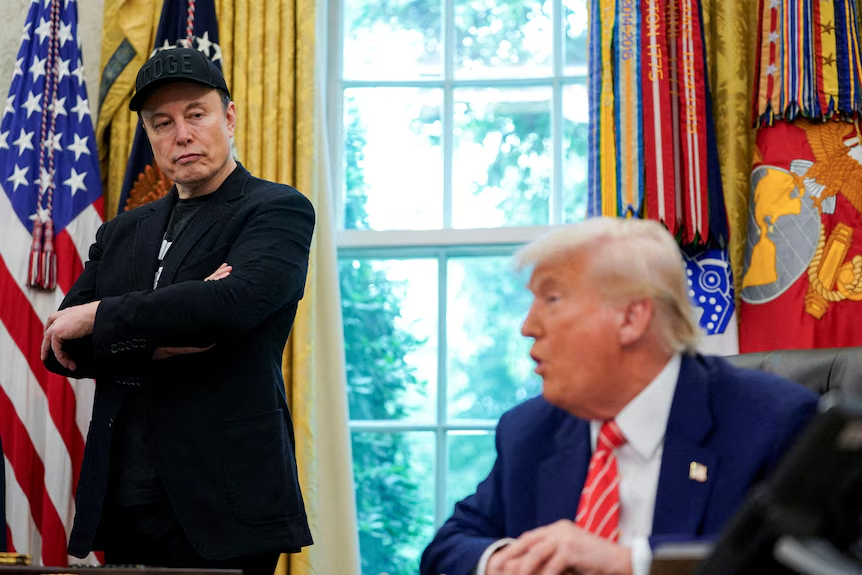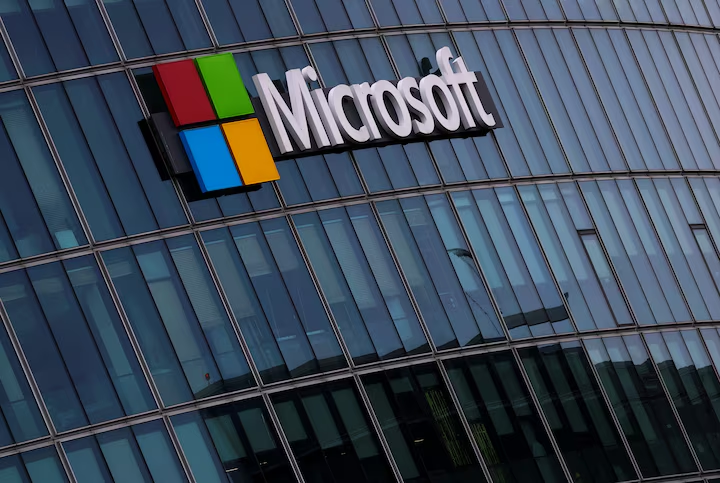The breakdown in relations between former U.S. President Donald Trump and tech billionaire Elon Musk is raising fresh concerns about the future of American space policy and the NASA–SpaceX partnership. Industry experts and government officials are closely watching how the political rift might affect ongoing space missions and funding decisions, particularly if Trump returns to power in the 2024 U.S. presidential election.
According to the report by ABC News Australia, Trump’s recent criticism of Musk — accusing him of disloyalty and political opportunism — has cast a shadow over SpaceX’s privileged status as NASA’s top commercial launch provider. Musk, the CEO of SpaceX, has maintained a public stance of political independence, even as he has engaged with multiple U.S. administrations on defense, energy, and space initiatives.
SpaceX is currently central to NASA’s operations, including missions to the International Space Station (ISS), satellite launches, and the Artemis program aimed at returning humans to the Moon. The company’s Starship rocket is a cornerstone of NASA’s plan to land astronauts on the lunar surface later this decade.
However, sources within NASA and the U.S. government are reportedly concerned that a renewed Trump presidency could lead to political retaliation against Musk, potentially disrupting collaboration and funding. “There’s growing anxiety in Washington about how politics could interfere with operational priorities,” one senior aerospace official told ABC.
Trump has recently expanded his criticism of Musk in campaign speeches, suggesting that SpaceX benefits from “billions in taxpayer money” while Musk refuses to support him. In contrast, Musk has signaled discomfort with aligning too closely with any administration, emphasizing that his companies serve national interests regardless of political leadership.
Analysts warn that if political tensions escalate further, Trump could push for NASA to diversify its contractors or shift funding toward other aerospace firms perceived as more aligned with his agenda. Such a move could have broad implications for the timeline and cost of U.S. space exploration goals.
Former NASA administrator Jim Bridenstine, who served under Trump, has expressed hope that space exploration will remain a non-partisan domain. “NASA’s success depends on continuity, not political infighting,” he said in a recent interview.
The rift could also affect the Pentagon’s relationship with Musk’s satellite company, Starlink, which has been crucial in providing secure communications to Ukraine during its war with Russia. Any disruption in trust or cooperation between Musk and future White House leadership may ripple across defense and security sectors.
SpaceX has not publicly responded to the political fallout, maintaining its focus on upcoming launches and system developments. The company remains a dominant force in the commercial space race, consistently breaking records and delivering on contracts for NASA and private clients.
Despite the uncertainty, some experts believe the institutional strength of NASA and the momentum of current programs will insulate space policy from direct political disruption. “The infrastructure is too advanced, the stakes too high, for any one relationship to derail everything,” said Laura Forczyk, a space policy analyst.
Still, the Trump–Musk split introduces a new layer of unpredictability into one of the most significant partnerships in modern aerospace history. With elections looming and egos clashing, the intersection of space, business, and politics is becoming increasingly complex.
Source; ABC News Australia



